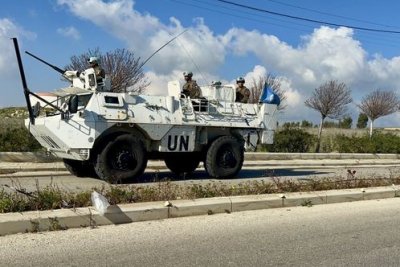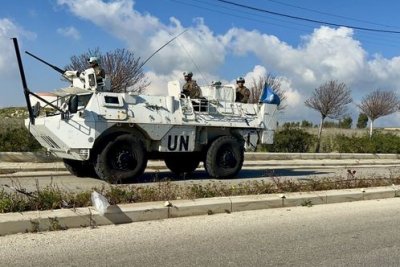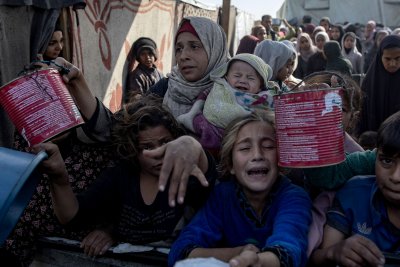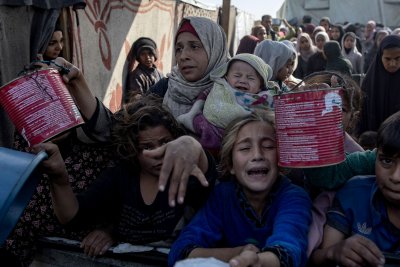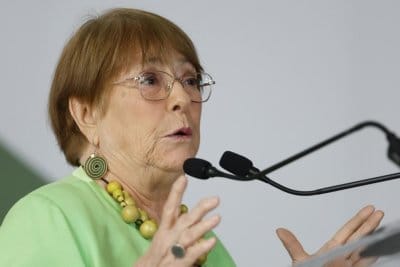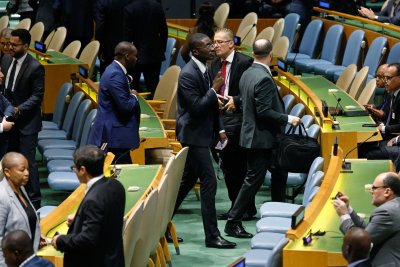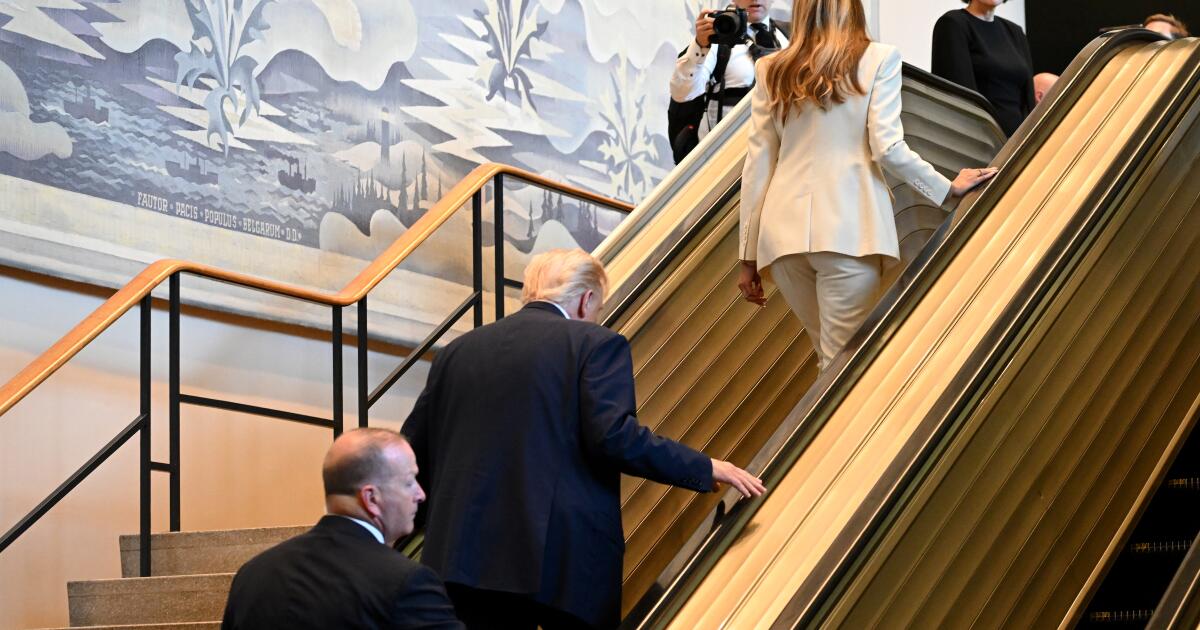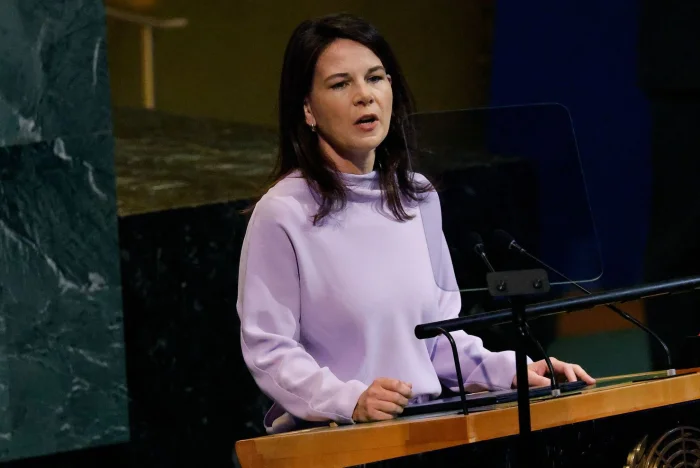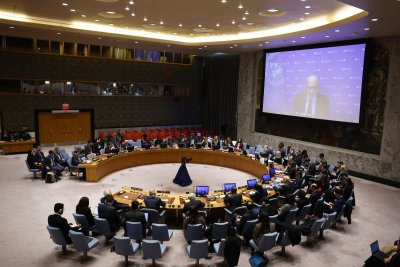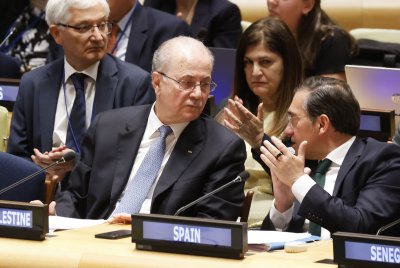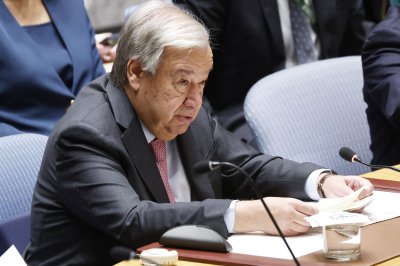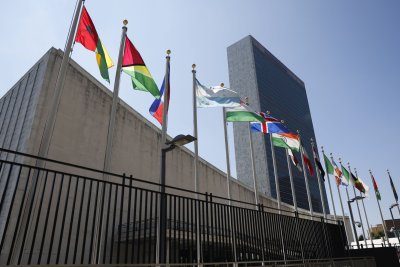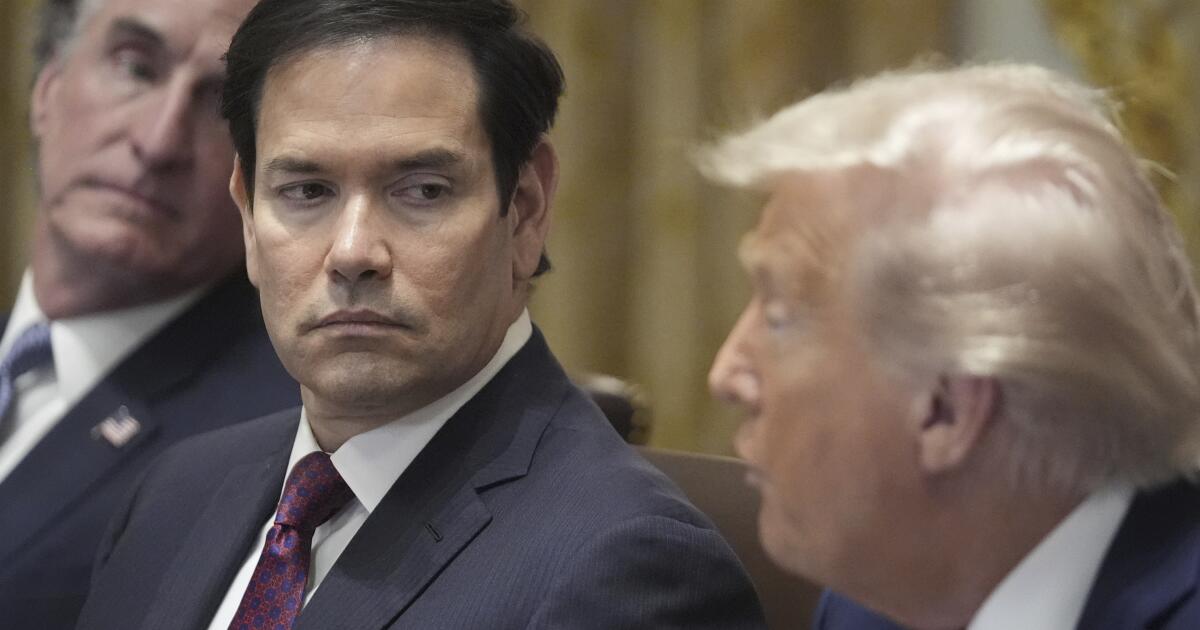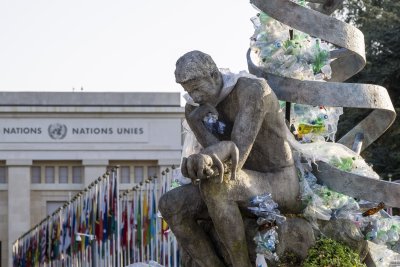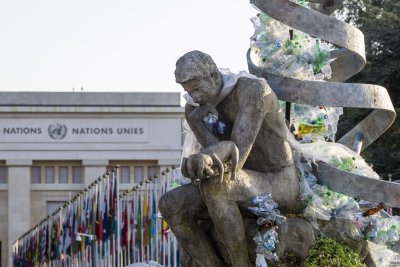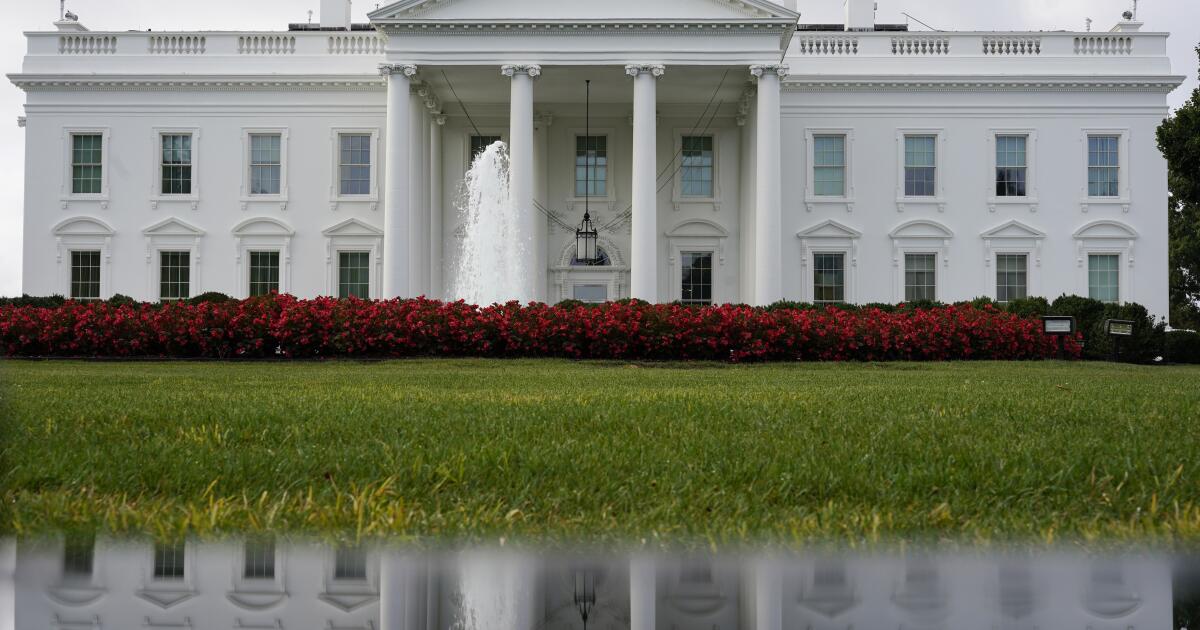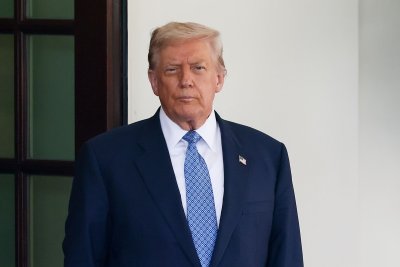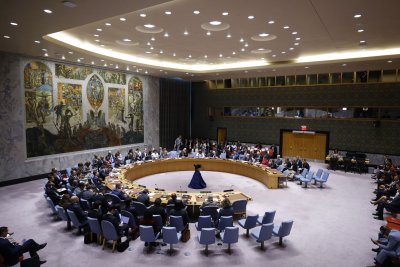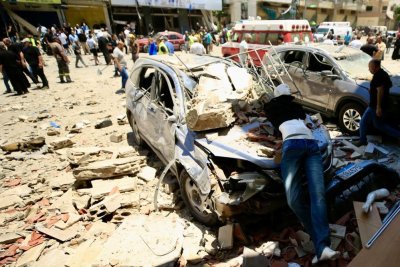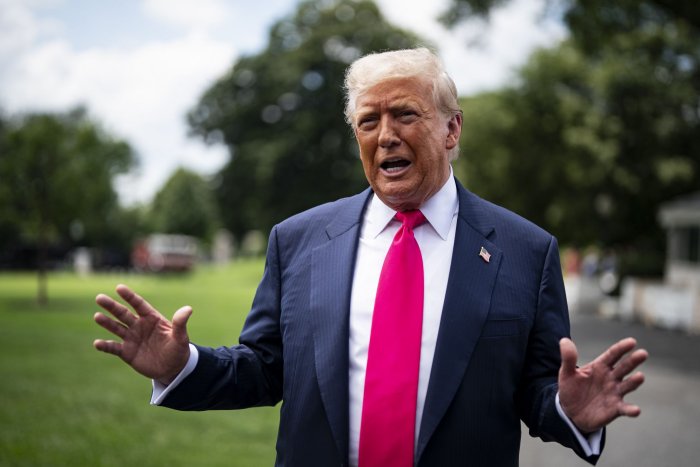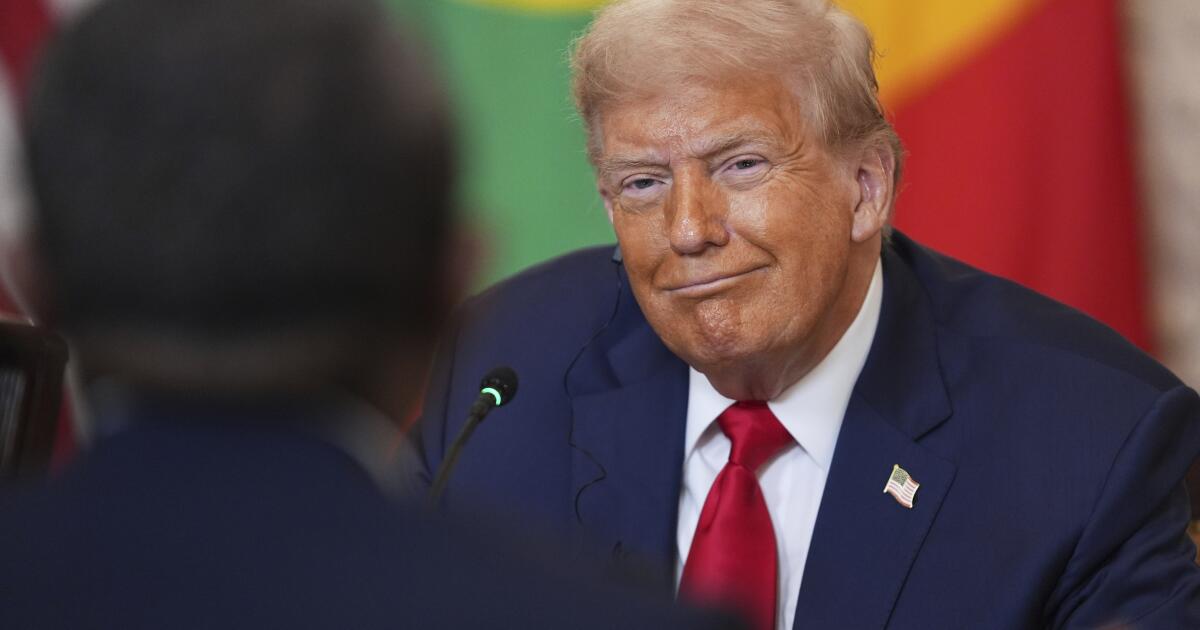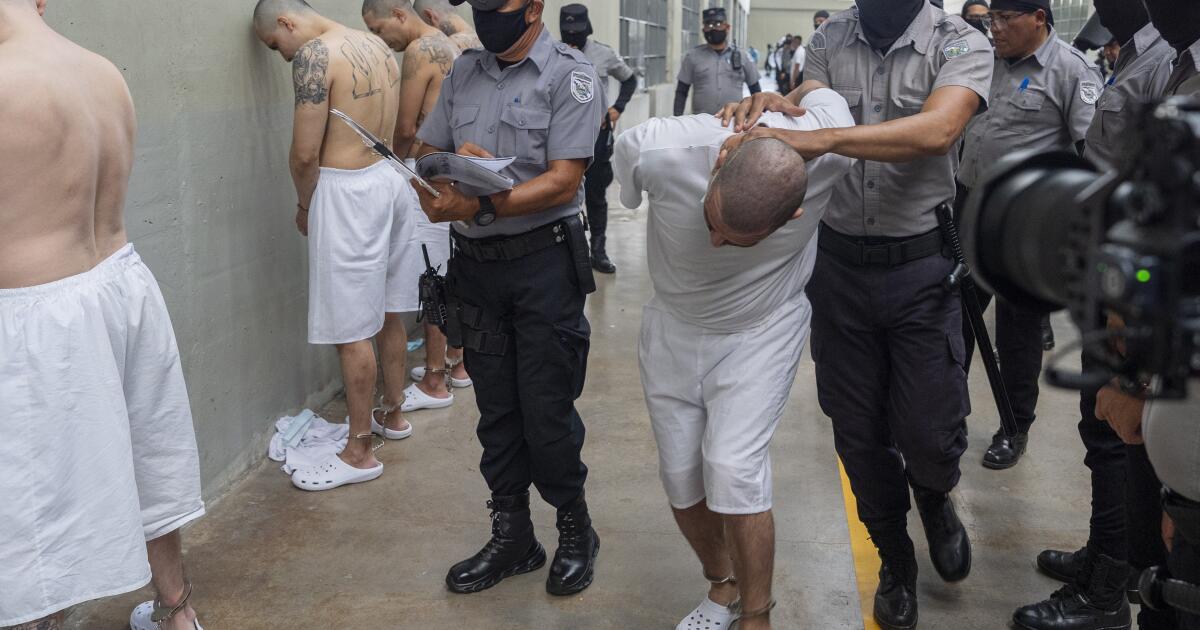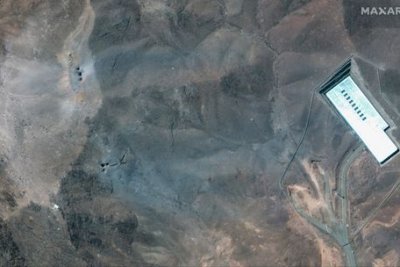WASHINGTON — Diplomacy may be soft power, but in President Trump’s administration, it’s also lately a soft landing.
National security adviser Mike Waltz was nominated as United Nations ambassador after he mistakenly added a journalist to a Signal chat discussing military plans. Trump tapped IRS Commissioner Billy Long to be his ambassador to Iceland after Long contradicted the administration’s messaging in his less than two months in the job.
And Trump last weekend named State Department spokesperson Tammy Bruce as deputy representative to the U.N. after she struggled to gel with Secretary of State Marco Rubio’s close-knit team.
The new appointments can be viewed as consolation prizes for leaving a high-profile post in the Trump administration following rocky tenures. But they also reflect the degree to which Trump is trying to keep his loyalists close, even if their earlier placements in the administration were ill-fitting. Breaking with the reality TV show that helped make Trump a household name, the Republican president is not telling his top appointees “You’re fired!” but instead offering them another way to stay in his administration.
“It’s not like ‘The Apprentice,’” said John Bolton, another former Trump national security adviser, who has since become a Trump critic.
Trump’s first term featured more firings
During his first White House tenure, Trump was new to politics, made many staffing picks based on others’ recommendations and saw heavy staff turnover. Trump has stocked his second administration with proven boosters, which has meant fewer high-profile departures.
Still, those leaving often are the subject of effusive praise and kept in Trump’s political orbit, potentially preventing them from becoming critics who can criticize him on TV — something that didn’t happen to a long list of former first-term officials.
Ambassadors serve at the pleasure of the president, and Trump can nominate anyone he likes, though many ultimately require Senate confirmation. Typically, top ambassadorships are rewards for large donors.
“It is a tremendous honor to represent the United States as an ambassador — which is why these positions are highly coveted and reserved for the president’s most loyal supporters,” said White House spokesperson Anna Kelly. “Mike Waltz, Billy Long and Tammy Bruce are great patriots who believe strongly in the America First agenda, and the President trusts them fully to advance his foreign policy goals.”
From ‘glitch’ to a new job
Waltz’s days appeared numbered after The Atlantic editor-in-chief Jeffrey Goldberg revealed in March that Waltz had added him to a private text chain on an encrypted messaging app that was used to discuss planning for a military operation against Houthi militants in Yemen.
Trump initially expressed support for Waltz, downplaying the incident as “a glitch.” Roughly five weeks later, the president announced Waltz would be leaving — but not for good. He portrayed the job change as a cause for celebration.
“From his time in uniform on the battlefield, in Congress and, as my National Security Advisor, Mike Waltz has worked hard to put our Nation’s Interests first,” Trump posted in announcing Waltz’s move on May 1. “I know he will do the same in his new role.”
Vice President JD Vance also pushed back on insinuations that Waltz had been ousted.
“The media wants to frame this as a firing. Donald Trump has fired a lot of people,” Vance said in an interview with Bret Baier of Fox News Channel. “He doesn’t give them Senate-confirmed appointments afterwards.”
Bolton, who served as U.S. ambassador to the United Nations under President George W. Bush before becoming Trump’s national security adviser in 2018, called it “a promotion to go in the other direction” — but not the way Waltz went.
“The lesson is, sometimes you do more good for yourself looking nice,” Bolton said of Trump’s reassignments.
Bruce also picked for a U.N. post
Ironically, Bruce learned of Waltz’s ouster from a reporter’s question while she was conducting a press briefing.
A former Fox News Channel contributor, Bruce is friendly with Trump and was a forceful advocate for his foreign policy. Over the course of her roughly six months as spokesperson, she reduced the frequency of State Department briefings with reporters from four or five days a week to two.
But Bruce had also begun to frequently decline to respond to queries on the effectiveness, substantiveness or consistency of the administration’s approaches to the Middle East, Russia’s war in Ukraine and other global hotspots. She told reporters that special envoy Steve Witkoff “is heading to the region now — to the Gaza area” but then had to concede that she’d not been told exactly where in the Middle East he was going.
Trump nonetheless posted Saturday that Bruce did a “fantastic job” at the State Department and would “represent our Country brilliantly at the United Nations.”
Former U.S. deputy U.N. ambassador Robert Wood, who served as deputy State Department spokesman during President George W. Bush’s term and as acting spokesman during President Obama’s term, voiced skepticism that Bruce’s new position was a move up. Wood later became the U.S. ambassador to the U.N. Conference on Disarmament through the rest of the Obama’s tenure and all of the first Trump administration.
“Given the disdain in MAGA world for anything U.N., it’s hard to imagine Tammy Bruce’s nomination as U.S. Deputy Representative to the U.N. being seen as a promotion,” referring to Trump’s “Make America Great Again” movement.
During her final State Department briefing on Tuesday, Bruce said Trump’s announcing that he wanted her in a new role “was a surprise,” but called the decision “especially moving as it allows me to continue serving the State Department, to which I’m now quite attached.”
‘Exciting times ahead!’
Then there’s Long, a former Republican Missouri congressman, who was the shortest-tenured IRS commissioner confirmed by the Senate since the position was created in 1862. He contradicted administration messaging on several occasions.
Long said last month that the IRS’ Direct File program would be eliminated. An IRS spokesperson later indicated that it wouldn’t be, noting requirements in the tax and spending law Trump has championed. The Washington Post also reported that Long’s IRS disagreed with the White House about sharing taxpayer data with immigration officials to help locate people in the U.S. illegally.
After learning that Trump wanted him in Reykjavik, Long posted, “Exciting times ahead!”
White House press secretary Karoline Leavitt declined to say Tuesday why Long was removed as IRS chief and being deployed to Iceland. “The president loves Billy Long, and he thinks he can serve the administration well in this position,” she said.
‘These things usually don’t work out’
The soft landings aren’t always heralded by Trump.
Former television commentator Morgan Ortagus, who was a State Department spokesperson during Trump’s first term, is now a special adviser to the United Nations after serving as deputy envoy to the Middle East under Witkoff.
Trump foresaw that Ortagus might not be a good fit. He posted in January, while announcing her as Witkoff’s deputy, that “Morgan fought me for three years, but hopefully has learned her lesson.”
“These things usually don’t work out, but she has strong Republican support, and I’m not doing this for me, I’m doing it for them,” Trump added. “Let’s see what happens.”
Ortagus lasted less than six months in the role.
Weissert and Price write for the Associated Press. AP writers Matthew Lee and Fatima Hussein in Washington contributed to this report.
